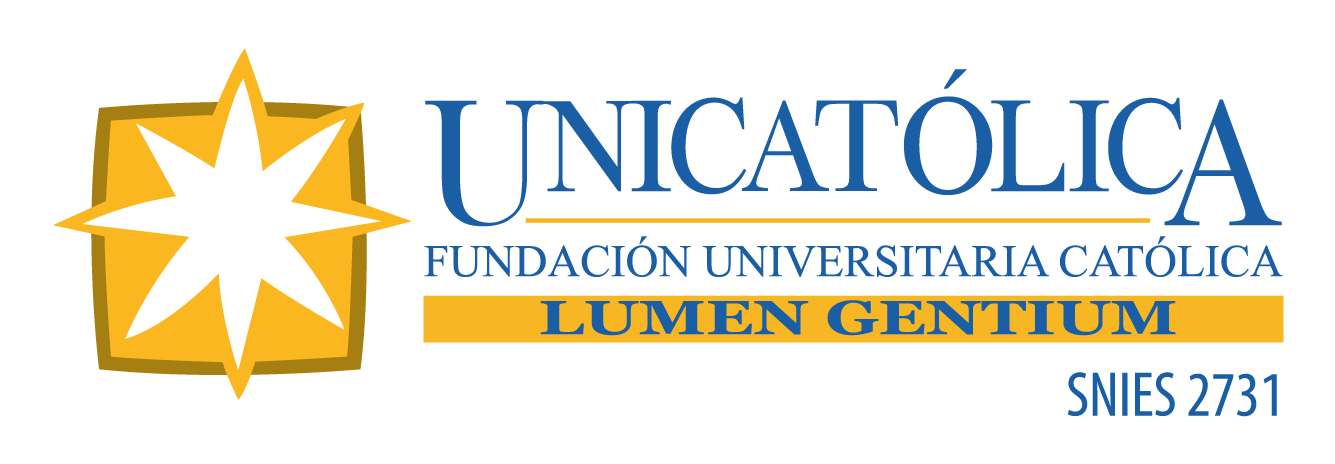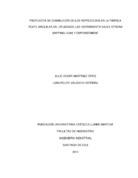Propuesta de disminución de los reproceso en la fábrica textil maquilar S.A, utilizando las herramienta Value Stream Mapping (VSM) y Empowerment
Resumen
En el presente trabajo se presenta una propuesta de mejora para disminuir los reprocesos en la fábrica textil Maquilar SA, ubicada en el Barrio la floresta de la ciudad de Santiago de Cali, mediante una identificación pertinente del proceso que se lleva a cabo en la fábrica, donde se logre tener un diagnóstico actual de esta, cuánto produce actualmente y cuáles son sus costos y tiempos de producción.
El desarrollo de este proyecto se hizo en el marco de la metodología del ciclo Shewart- Demming; el cual consta de cuatro fases, que se fueron usando y adaptando a la consecución de cada uno de los objetivos específicos planteados para lograr alcanzar el objetivo general de presentar una propuesta de mejora de los reprocesos en la fábrica textil Maquilar SA; dichas fases son planear, hacer, verificar y actuar. La primer fase se usó para el desarrollo del primer objetivo; diagnosticar la situación actual en el área de producción en la fábrica textil Maquilar SA, en la cual se va encontrar toda la caracterización y descripción tanto de los procesos como demás aspectos de la empresa a tratar; la segunda fase se utilizó para el desarrollo del segundo y tercer objetivo; identificar los procesos de la cadena de valor que actualmente posee la fábrica textil Maquilar SA, para lo cual se llevó a cabo el mapeo de la cadena de valor actual, haciendo uso de la herramienta de Lean Manufacturing VSM; diseñar la propuesta de mejoramiento con énfasis en los procesos que agregan valor de la fábrica textil Maquilar SA, para dicho objetivo adicionalmente se hizo uso de la herramienta de calidad Empowerment, dando las pautas, pasos y recomendaciones a seguir para poderla implementar; por último se hizo uso de la tercer fase del ciclo Shewart- Demming, verificar, para lograr desenvolver el último objetivo; demostrar la rentabilidad de la implementación de la herramienta de calidad Empowerment para la disminución de los reprocesos de la fábrica textil Maquilar SA; adicionalmente este se apoyará en el análisis costo beneficio de dicha implementación.
Abstract
The present work presents a proposal for improvement to reduce reprocessing in the Maquilar SA textile factory, located in the neighborhood of the forest of the city of Santiago de Cali, through a pertinent identification of the process that takes place in the factory, Where it is possible to have a current diagnosis of this, how much it currently produces and what its costs and production times.
The development of this project was done within the framework of Shewart-Demming cycle methodology; Which consists of four phases, which were used and adapted to the achievement of each of the specific objectives set out to achieve the general objective of presenting a proposal to improve reprocessing in the textile factory Maquilar SA; These phases are to plan, do, verify and act. The first phase was used for the development of the first objective; Diagnose the current situation in the production area in the textile factory Maquilar SA, which will find all the characterization and description of both the processes and other aspects of the company to be dealt with; The second phase was used for the development of the second and third objectives; Identify the processes of the value chain currently owned by the textile factory Maquilar SA, for which the mapping of the current value chain was carried out, making use of the Lean Manufacturing VSM tool; To design the proposal of improvement with emphasis in the processes that add value of the textile factory Maquilar SA, for that objective addition was made use of the quality tool Empowerment, giving the guidelines, steps and recommendations to follow to be able to implement it; Finally, the third phase of the Shewart-Demming cycle was used to verify, in order to achieve the last objective; Demonstrate the profitability of the implementation of the Empowerment quality tool for the reduction of the reprocessing of the textile factory Maquilar SA; Additionally this will be based on the cost benefit analysis of said implementation

